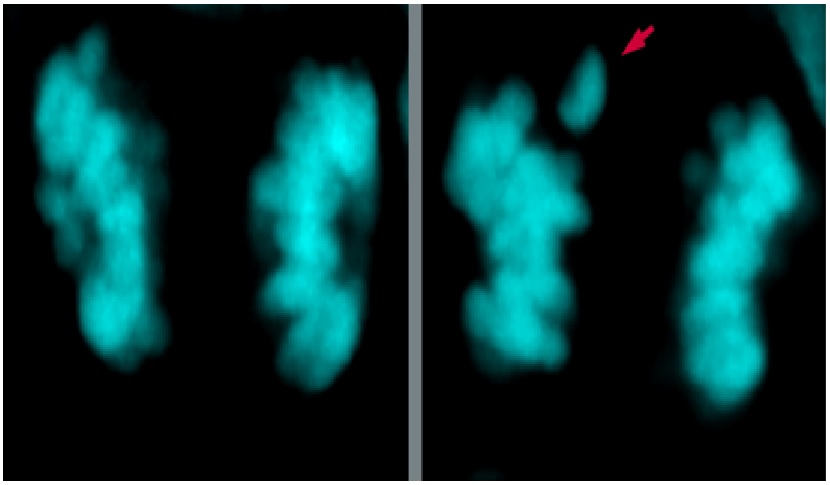Shift Work has Long-Term Negative Health Consequences
While most Americans are getting ready to sleep, 15 million individuals are just getting started. These healthcare employees, emergency responders, industrial operators, and others are among the 20 percent of the world’s population that work shifts. Their irregular sleep-wake cycle raises their risk of a variety of health problems, including diabetes, heart attacks, cancer, and strokes.
However, shift work might have worse consequences than we previously believed. According to a recent study published in the journal Neurobiology of Sleep and Circadian Rhythms, the negative consequences of shift work might last for a long time, even after returning to a regular schedule. [1]

Figure 1. Shift Work has Long-Term Negative Health Consequences
Figure 1 shows “Shift work, particularly rotating shift work, disrupts our body clocks and has important implications for our health, well-being, and human disease,” said David Earnest, a professor in the Texas Department of Neuroscience and Experimental Therapeutics. A&M University College of Medicine. “When our internal body clocks are properly synchronized, they coordinate all of our biological processes to occur at the correct time of day or night. [2]
An important body function, which follows the circadian rhythm, is the internal body temperature. This temperature increases through the day. It reaches the lower level in the early hours of the morning and reaches the maximum level late in the afternoon.
The tendency to fall asleep and stay asleep occurs during the decreasing phase of the temperature circadian rhythm (between midnight and 4am). As the body temperature rises, it is more difficult to stay asleep. This is one of the reasons why night workers who try to fall asleep at 8am find it very difficult and also find it difficult to remain asleep through the day. [3]
The results of this study could eventually lead to the development of interventions that block the adverse effects of disrupted circadian rhythms. In the meantime, shift workers can improve care of their internal body clocks by trying to maintain a regular schedule as much as possible and avoiding a diet high in fat, which can cause inflammation and also alter the timing of circadian rhythms.
To avoid some of these health hazards, Earnest says the best approach is to maintain a regular schedule of awake time, sleep time, and mealtimes that doesn’t vary drastically from day to day. In addition, avoid the usual cardiovascular risk behaviors like eating a high-fat diet, not getting enough physical activity, drinking too much alcohol, and smoking. [4]
References:
- https://scitechdaily.com/shift-work-has-long-term-negative-health-consequences/
- https://getaboutcolumbia.com/shift-work-has-long-term-negative-health-consequences/
- https://www.betterhealth.vic.gov.au/health/healthyliving/shiftwork
- https://skynews.icu/science/56730-shift-work-has-long-term-negative-health-consequences/
Cite this article:
Thanusri swetha J (2022), Shift Work has Long-Term Negative Health Consequences, AnaTechMaz, pp.188















